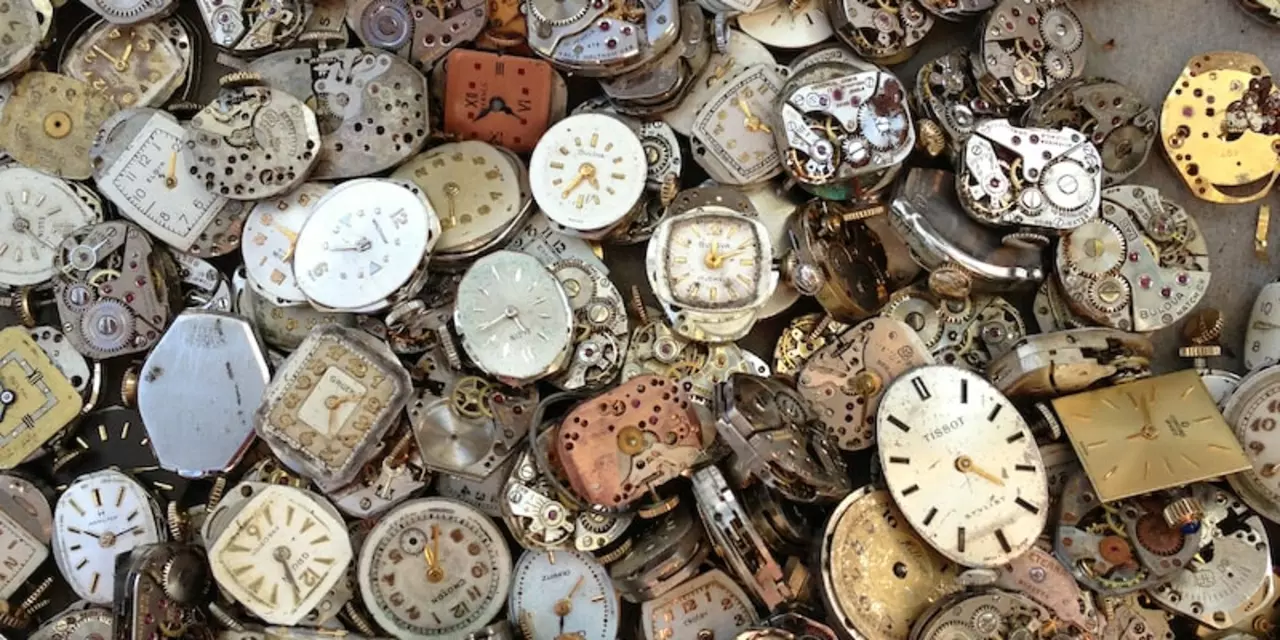Referee Guide: Essential Tips and Rules for Hockey Officiating
Whether you’re just stepping onto the ice with a whistle or you’ve been calling games for years, every referee wants to feel confident and fair. At Grantham Hockey Central we’ve pulled together the most useful advice to help you make the right calls, keep the game flowing, and earn respect from players and coaches.
Know the Core Rules Inside Out
The first thing any good official does is master the rulebook. Focus on the sections that affect you most: off‑side, icing, penalties and face‑offs. Keep a pocket cheat‑sheet with the penalty codes you use most often – it saves time and cuts down on hesitation.
When a rule seems ambiguous, look at the official interpretation notes. Those brief explanations tell you how the league expects the rule to be applied in real situations. Memorise the key differences between minor, major and misconduct penalties – players will test you, and a clear understanding stops disputes early.
Positioning and Movement on the Ice
Where you stand matters as much as what you say. For a standard 5‑on‑5 game, aim to be in the neutral zone when the puck crosses the blue line. That gives you a clear view of off‑side and icing calls. During face‑offs, position yourself just off the spot so you can spot illegal stick placement without crowding the players.
Move with the play, not against it. If the puck moves fast up the wing, shift your angle to keep the play in sight. Staying on the side of the puck rather than directly behind it lets you see hand passes, high sticks and other infractions you might miss from a static spot.
Practice your skating drills outside of game time. Quick bursts, sudden stops and reversals are the same moves you’ll need to stay with the action. The more comfortable you are on skates, the less you’ll rely on teammates to cover blind spots.
Communication: Speak Clearly and Stay Calm
A referee’s voice is a tool. Use short, direct phrases like “stand” or “play on” when you need to pause the game. When giving a penalty, state the player’s number, the infraction and the length of the penalty in a calm tone. Consistency in wording builds trust – players know exactly what to expect.
If a coach argues, listen for the main point, acknowledge it, then repeat the rule that applies. You don’t have to agree with them, but showing respect defuses tension and keeps the focus on the game.
Stay Updated with Rule Changes
The rulebook isn’t static. Each season the league may tweak penalties, introduce new video review protocols, or adjust face‑off locations. Subscribe to the official hockey officiating newsletter and attend the regional referee clinic whenever you can. A quick 15‑minute review before the season starts can prevent costly mistakes later.
Keep a digital copy of the latest rulebook on your phone. When a question pops up mid‑game, a fast search can confirm the correct call without breaking flow.
Build a Support Network
Refereeing can feel isolated, but you’re part of a larger community. Connect with other officials through local clubs, online forums or social media groups. Share tricky scenarios, ask for advice, and discuss how different leagues interpret the same rule.
Mentorship works both ways. An experienced referee can offer tips you won’t find in the rulebook, while a newer official might bring fresh perspectives on technology use, like wearable cameras for review.
By staying knowledgeable, positioning yourself smartly, communicating clearly and keeping up with rule updates, you’ll become the kind of referee players trust and coaches respect. Grab your whistle, hit the ice, and remember: the best calls keep the game fun for everyone.

Can you call a time out in hockey?
Hockey is a fast-paced game, and sometimes players and coaches need time to regroup, discuss strategy, or take a break during a game. Fortunately, hockey teams can call a time out to do just that. During a time out, play is stopped, and teams can huddle up or discuss strategy with coaches. Time outs are limited to one or two per team, depending on the league, and usually only last one or two minutes. Time outs are an important part of hockey, as they give teams a chance to recover and regroup for the remainder of the game.
Read More